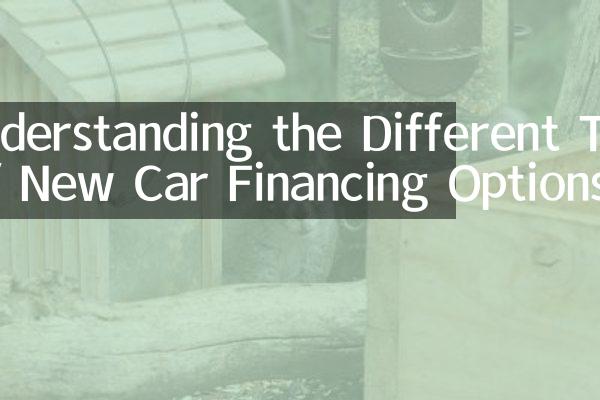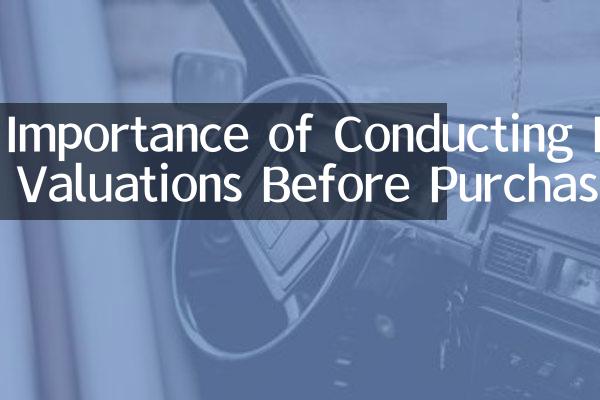Understanding the Consequences: What Happens If I Can't Pay My Car Loan?
Guide or Summary:If I Can't Pay My Car Loan What HappensImmediate Consequences of Missing PaymentsCommunication with Your LenderPotential RepossessionImpact……
Guide or Summary:
- If I Can't Pay My Car Loan What Happens
- Immediate Consequences of Missing Payments
- Communication with Your Lender
- Potential Repossession
- Impact on Credit Score
- Alternatives to Consider
- Seeking Financial Counseling
---
If I Can't Pay My Car Loan What Happens
If you find yourself in a situation where you are unable to pay your car loan, it's crucial to understand the potential consequences and the steps you can take to mitigate them. The repercussions of missed payments can vary significantly depending on your lender, the terms of your loan, and your overall financial situation. This article will explore what happens if you can't pay your car loan, including the immediate effects and long-term implications.

Immediate Consequences of Missing Payments
The first thing to consider is that missing a payment can trigger a series of immediate consequences. Typically, if you fail to make your car loan payment by the due date, your lender will consider your account delinquent. This can result in late fees, which can add to your overall debt. Additionally, your credit score may take a hit, as payment history is a significant factor in credit scoring models. A lower credit score can affect your ability to secure financing in the future, whether for a car, home, or other loans.
Communication with Your Lender
If you realize that you cannot pay your car loan, the first step you should take is to communicate with your lender. Many lenders offer options for borrowers who are struggling financially. This could include deferment, where you can temporarily pause your payments, or restructuring your loan to make payments more manageable. Being proactive and transparent about your situation can often lead to more favorable outcomes than simply ignoring the problem.
Potential Repossession
One of the most significant risks of not paying your car loan is the possibility of repossession. If you fall behind on your payments, your lender has the right to repossess your vehicle, which typically occurs after a certain number of missed payments. The exact number can vary by lender, but it usually ranges from 2 to 3 months of non-payment. Once your car is repossessed, you may still owe money on the loan if the car sells for less than the amount owed, leading to a deficiency balance.

Impact on Credit Score
As mentioned earlier, failing to pay your car loan can severely impact your credit score. Each missed payment can remain on your credit report for up to seven years, making it difficult to secure future loans or credit. A lower credit score can also result in higher interest rates on any future borrowing, costing you more in the long run.
Alternatives to Consider
If you find yourself unable to make your car loan payments, there are alternatives to consider. Selling the vehicle may be a viable option, especially if you can sell it for more than the remaining loan balance. This can help you pay off the loan and avoid repossession. Additionally, you could consider refinancing your loan to obtain a lower interest rate or extend the loan term, which can reduce your monthly payments.
Seeking Financial Counseling
If you are struggling to manage your finances, seeking help from a financial counselor can provide you with valuable insights and strategies. They can help you create a budget, negotiate with creditors, and develop a plan to get back on track financially. Many non-profit organizations offer free or low-cost financial counseling services.

In summary, if you find yourself in a position where you cannot pay your car loan, it is essential to understand the potential consequences and take action promptly. By communicating with your lender, exploring alternatives, and seeking professional help if needed, you can navigate this challenging situation more effectively. Remember, the sooner you address the issue, the better your chances of minimizing the negative impact on your financial future.